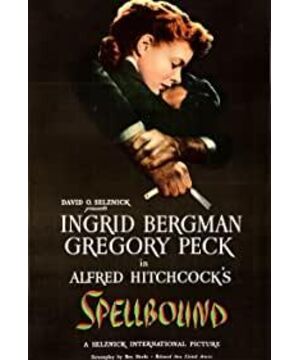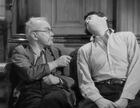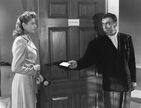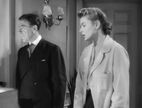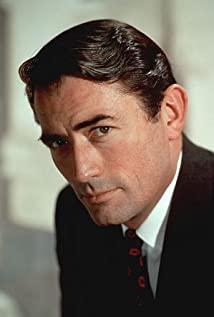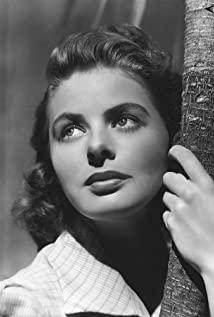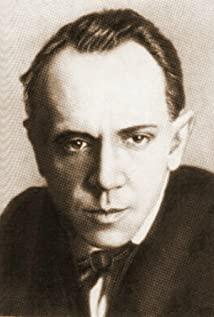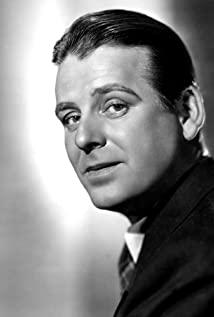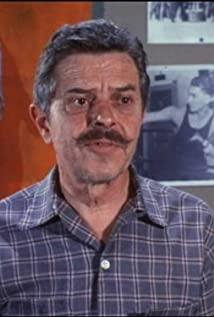First off topic, when I first saw the male protagonist, I felt very familiar, but then I suddenly remembered that the reporter in "Roman Holiday" was also him. The strange thing is that when I saw Rome at the time, I didn't think he was much. Handsome, and in this film, I was immediately attracted by his elegance. The first reason may be because of the age difference. After all, there are 8 years before and after the two films (from the two pictures below, it can be seen that there are some differences); the second reason is related to the character. In this film, he is a A well-informed, authored, and knowledgeable doctor on mental illness, and in Rome, a journalist bent on scooping. This also shows that the actor has a strong foundation and handles both roles very well.
Going back to "Doctor Edward", in the first few scenes, the heroine I saw was a doctor who was obsessed with her career, had no heart to love, and was very patient with her patients at the same time. When she saw "Edward" for the first time, her eyes and her words were like a little girl who was suddenly hit by love. This power was so powerful that she believed that "Edward" was innocent. At first, I thought that she patiently guided him to recall the scene at the time of the incident, and that she stayed with him no matter how dangerous it was because of her love. Later, I realized that it was more because of her professional ethics as a doctor, just like a doctor. At first, she was so patient with her patients that she did not flinch even in the face of the danger of being thrown away at any time.
When "Edward" recalled the specific scene in the dream, it was at the house of the heroine's teacher, and he was very envious of the relationship between the heroine and her teacher. comforted. Going back to the movie, for every scene in the dream, whether it is the two of them or the dean at the end, they can accurately find out the true meaning behind it. This is very similar to what Freud said, "Dream" It reflects the so-called true thoughts of the heart. When you are awake, the watcher in your mind is responsible for blocking these thoughts. When you are asleep, the true thoughts "take the opportunity", so this part of the film is based on Freud's Is this hypothesis? But now Freud's theory is not considered to be science because it is not falsifiable. Or, this is not a dream in the film, but, as the heroine said, because of the protective mechanism of the brain, and The imagined scene, while still thinking that he is Edward, to prove that he did not kill. As I don't know much about psychology, I can't really see whether this film is based on Freud's theory, or is it the opposite of it?
The final reversal came from a contradictory statement from the dean. What I can't figure out is why he chose to commit suicide, because of a passage from the heroine, or because he understood that no matter what he did, he would be dead.
View more about Spellbound reviews


